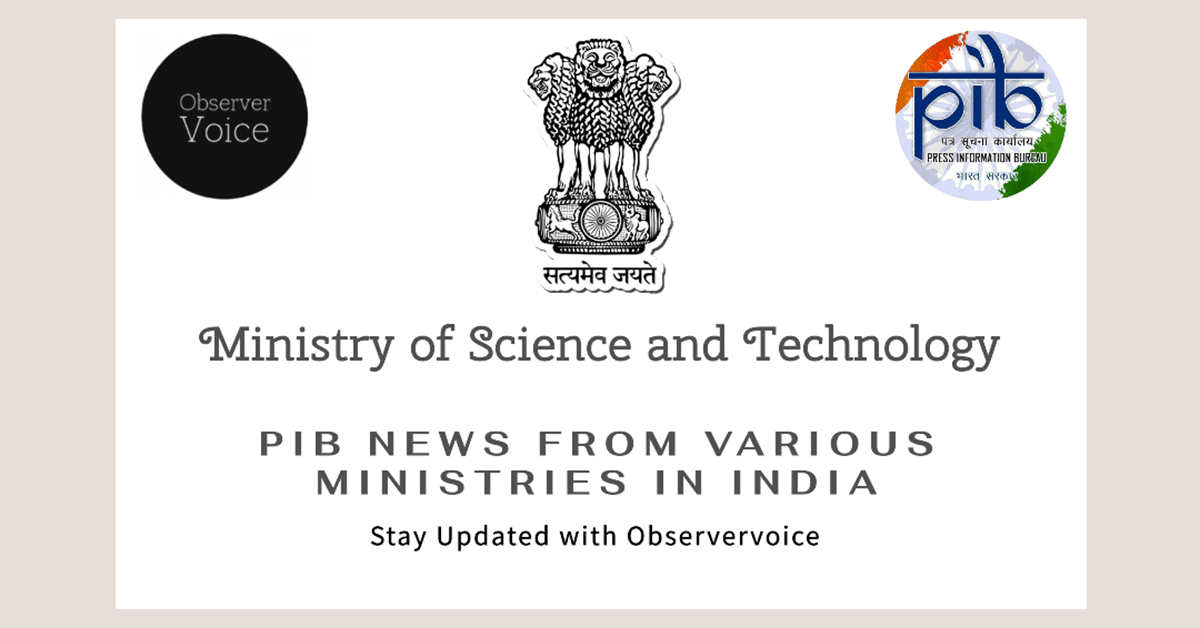India’s Commitment to Nuclear Safety and Innovation

In a recent address to the Rajya Sabha, Dr. Jitendra Singh, the Union Minister of State for Science and Technology, emphasized the safety and security of India’s nuclear power plants. He reassured the nation that these facilities adhere to stringent safety protocols and are subject to international oversight. This statement comes at a crucial time when the world is increasingly recognizing the importance of nuclear energy in achieving climate goals. Dr. Singh’s remarks highlight India’s commitment to maintaining high safety standards while advancing its nuclear energy program.
Stringent Safety Protocols in Nuclear Energy
Dr. Jitendra Singh outlined the rigorous safety measures implemented at every stage of nuclear plant development and operation. He stated that safety is the cornerstone of India’s nuclear energy policy. The Department of Atomic Energy follows a strict rule: “safety first, production next.” This principle governs all activities, from site selection to operational checks.
The Minister detailed the extensive inspection regimen that ensures safety. This includes quarterly reviews during construction, semi-annual inspections once a plant becomes operational, and a mandatory five-year license renewal process. These measures are designed to ensure that all safety protocols are followed meticulously.
Moreover, India’s nuclear safety framework is reinforced by international oversight. Global organizations, such as the World Association of Nuclear Operators (WANO), conduct periodic reviews of India’s facilities. This external scrutiny helps maintain and enhance safety standards, ensuring that India’s nuclear power plants remain among the safest in the world.
Impressive Achievements in Radiation Emission Control
Dr. Singh highlighted significant achievements in reducing radiation emissions from nuclear plants. He pointed out that the global safety benchmark for radiation emissions is 1,000 microsieverts. In contrast, Indian plants consistently operate well below this threshold. For instance, emissions at the Kudankulam plant have decreased dramatically from 0.081 microsieverts a decade ago to just 0.002 microsieverts today. Similarly, the Kalpakkam plant has seen a reduction in emissions from 23.140 microsieverts in 2014 to 15.961 microsieverts in 2023.
These reductions are a testament to the Department of Atomic Energy’s meticulous efforts in ensuring safety and environmental protection. The Minister’s emphasis on evidence-based achievements reflects a commitment to transparency and accountability in the nuclear sector.
Furthermore, India’s nuclear plants are designed to withstand natural disasters. Facilities located on the eastern coast are situated over 1,300 kilometers from tsunami-prone zones, while those on the western coast are positioned more than 900 kilometers away from potential tsunami risks. This strategic planning ensures that the plants can operate safely even in extreme conditions.
India’s Vision for Nuclear Energy Beyond Power Generation
Dr. Jitendra Singh articulated a broader vision for India’s nuclear program, emphasizing its applications beyond electricity generation. He referenced Homi Bhabha’s vision of using atomic energy for peaceful purposes. Nuclear technology is being applied in various fields, including agriculture, healthcare, and security.
In agriculture, nuclear technology aids in developing radiation-resistant crop varieties, which can enhance food security. In healthcare, it plays a crucial role in advanced cancer treatments and the production of medical isotopes. Additionally, the technology is used to manufacture protective gear for law enforcement personnel, showcasing its versatility and importance in multiple sectors.
The Minister also addressed the Civil Liability for Nuclear Damage Act of 2010, explaining that the current framework adequately protects public interests while fostering a conducive environment for both foreign and domestic investments. This liability regime places primary responsibility on operators, ensuring accountability and safety.
Observer Voice is the one stop site for National, International news, Sports, Editor’s Choice, Art/culture contents, Quotes and much more. We also cover historical contents. Historical contents includes World History, Indian History, and what happened today. The website also covers Entertainment across the India and World.

